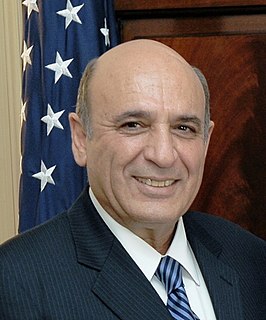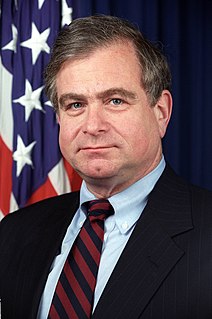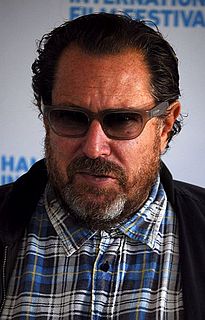A Quote by Shaul Mofaz
I am not at all sure we could ever reach a peace agreement with the Palestinians' present leadership. We shall have to wait for the next generation. The most we could expect is, perhaps, another interim agreement. A Palestinian state? A permanent settlement? I do not see that happening in the coming years.
Related Quotes
We do not seek an agreement with the [Palestinian] Arabs in order to secure the peace. Of course we regard peace as an essential thing. It is impossible to build up the country in a state of permanent warfare. But peace for us is a mean, and not an end. The end is the fulfillment of Zionism in its maximum scope. Only for this reason do we need peace, and do we need an agreement.
Jerusalem is a holy site for Jews, Muslims, and Christians. Israelis and Palestinians both lay claim to it as their capital. Jerusalem is the most sensitive of all the issues that need to be addressed in order to achieve a peace agreement between Israelis and Palestinians. But Donald Trump determined an important aspect of the United States' position towards Jerusalem before any agreement. Most of the rest of the world feels that it ought not to be dealt with first, that it ought not to be dealt with separately, and that it ought not to be dealt with unilaterally.
In the frameworks of a peace agreement, a government under my leadership would agree to make real territorial concessions but will not compromise our security borders. We want there to be less friction. We want to remove outposts to help the Palestinian population. We will not reoccupy the Palestinian population.
There are two major peace agreements. One is a comprehensive peace agreement that was consummated by the extremely beneficial intersession of the George Bush administration, who called on John Danforth, the former senator from Missouri, to negotiate a peace agreement after eight years during which President Clinton did not want to promote peace in the Mideast - I mean, in Sudan. And that's holding so far.
The agreement is fundamentally that we want to try to resolve this. The agreement is that ISIL is a threat to everybody, and we need to come together to find a way to fight ISIL. The agreement is that we want to save Syria, keep it unified, keep it secular. So surely in those very fundamental principles on which we could agree.
































